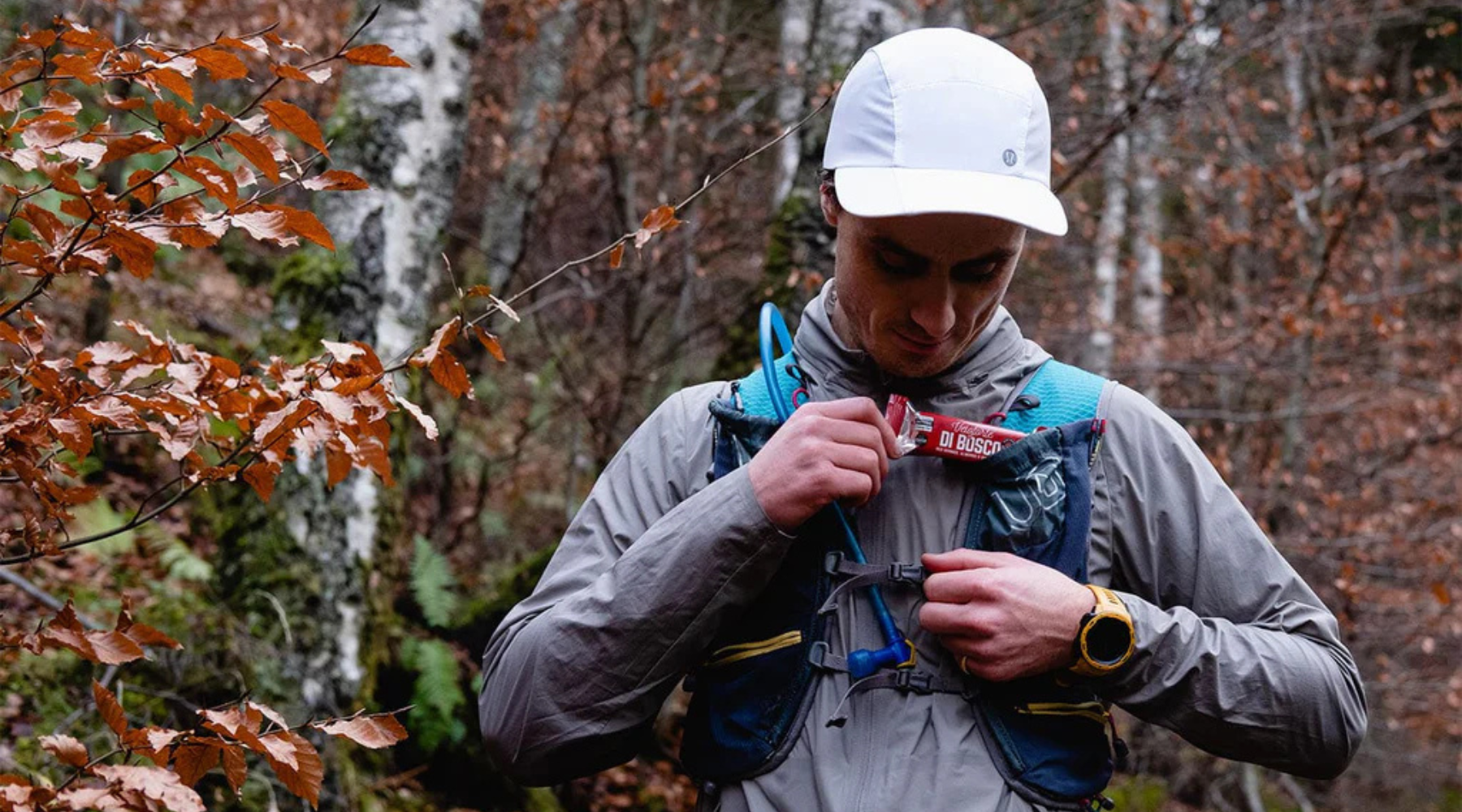
Do Bigger Athletes Burn More Carbs?
Do bigger athletes need significantly more fuel during long-distance running, cycling, or triathlon events?
A recent study sheds new light on this topic, challenging the idea that larger athletes automatically need more carbs. For trail runners, cyclists, and anyone fuelling for long training sessions or races, this is big news.
The Study at a Glance:
• Title: Exogenous Glucose Oxidation During Exercise is Positively Related to Body Size
• Published: International Journal of Sport Nutrition and Exercise Metabolism, Sept 2024
What Was Tested?
• Do larger athletes oxidise more carbohydrates during Zone 2 cycling?
• How does wattage (effort level) affect glucose oxidation?
How the Test Was Done:
• 15 endurance-trained cyclists (13 men, 2 women)
• 2-hour endurance rides at steady-state Zone 2
• 90g/hour of glucose ingested using C13-labelled glucose
• Larger cyclists did two trials:
• One at relative intensity (Zone 2, based on their own FTP)
• One at absolute wattage (same watts as smaller riders)
Key Findings:
• At matched relative effort:
• Smaller athletes: 49g carbs/hour
• Larger athletes: 60g carbs/hour
• At same absolute wattage:
• Smaller athletes: 49g/hour
• Larger athletes: 54g/hour
Conclusion: Carbohydrate oxidation scales with exercise intensity, not just body weight.
What It Means for You:
Whether you’re a lightweight trail runner or a heavyweight time-trial cyclist, your fuelling needs are tied to your performance intensity — not simply your size.
Key takeaways:
• The harder you work, the more carbohydrates you burn
• Fuelling should match your energy output (pace, watts), not just your weight
• Carbohydrate needs rise as intensity and duration increase
This supports current sports nutrition recommendations for endurance training and racing over 90 minutes.
Practical Fuelling Advice for Endurance Athletes:
If you’re cycling at 200 watts, running tempo pace, or racing for longer than 90 minutes, aim to consume 60 to 90 grams of carbohydrates per hour.
Ideal products available at Endurance Kollective include:
• C30 Energy Gels – fast-release, gut-friendly fuelling
• C30 Sports Drink – 2:1 maltodextrin-to-fructose formula for hydration and energy
• Veloforte Energy Bars – real food, gluten-free bars with 40g carbohydrates
These are designed to support:
• Trail runners needing high-performance running energy gels
• Cyclists preparing for long-distance efforts
• Triathletes optimising race-day fuelling
• Active lifestyle athletes looking for effective, clean sports nutrition
All products are independently anti-doping tested, trusted by elite endurance athletes worldwide.
Final Thoughts
Your fuelling strategy should be tailored to your effort level, not just your weight or size. Whether training for a marathon, climbing on the bike, or preparing for a long trail race, aligning your carbohydrate intake to your intensity and duration will help improve performance and recovery.
